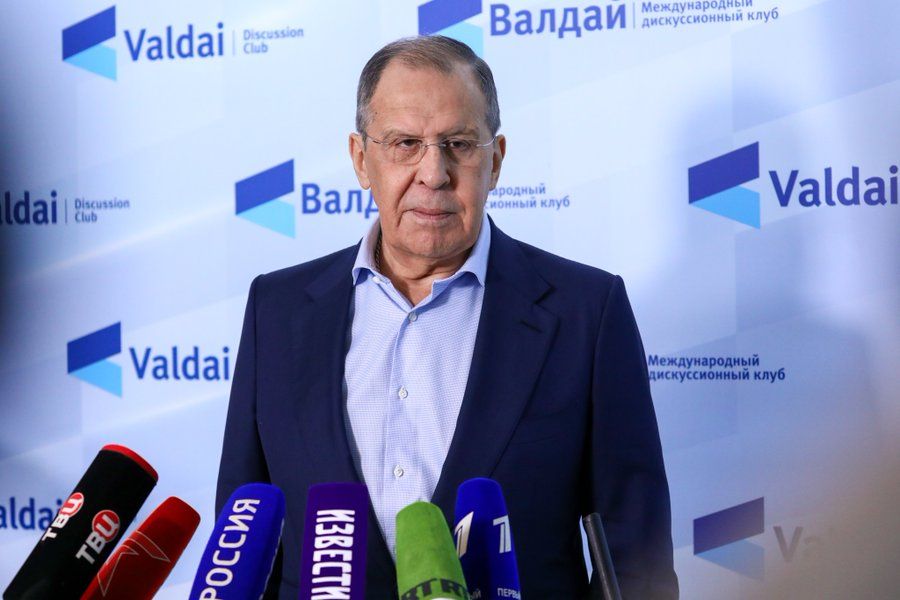NATO’s supply of weapons to Ukraine to fend off Russian forces is being considered a “proxy war” by Moscow, Kremlin said. Russia further warned that this has escalated the risk of a nuclear war. “The risks now are considerable”, Russia’s Foreign Minister said.
“NATO, in essence, is engaged in a war with Russia through a proxy and is arming that proxy. War means war”, Lavrov said while drawing parallels with the Cuban missile crisis, according to reports from Reuters.
Also Read: Trump says ‘shame’ people in Ukraine dead because of ‘rigged’ US election
“I would not want to elevate those risks artificially. Many would like that. The danger is serious, real. And we must not underestimate it,” Russia’s top diplomat added.
Weapons supplied by Western countries “will be a legitimate target,” said Lavrov, who accused Ukrainian leaders of provoking Russia by asking NATO to become involved in the conflict. NATO forces are “pouring oil on the fire,” Lavrov said, according to a transcript on the Russian Foreign Ministry’s website.
“Everyone is reciting incantations that in no case can we allow World War III,” he said in a Russian television interview, according to reports from Associated Press.
The remarks came nearly a day after top United States officials– Defense Secretary Lloyd Austin and Secretary of State Antony Blinken— visited Ukraine and met President Volodymyr Zelensky. A military assistance package worth $300 million was promised to Kyiv by the visiting American officials.
Also Read: Sanctions against Vladimir Putin’s alleged lover Alina Kabaeva tabled, but why?
While the United States, or other NATO members, have directly warned against a nuclear attack so far, US Joint Chiefs of Staff Mark Milley said that “the next several weeks will be very, very critical.”
European countries that have expressed support for Ukraine called out Russia for a “nuclear rhetoric” earlier this year after Vladimir Putin turned up Moscow’s nuclear alert level. The move received widespread condemnation from world leaders and organisations like the European Union.







